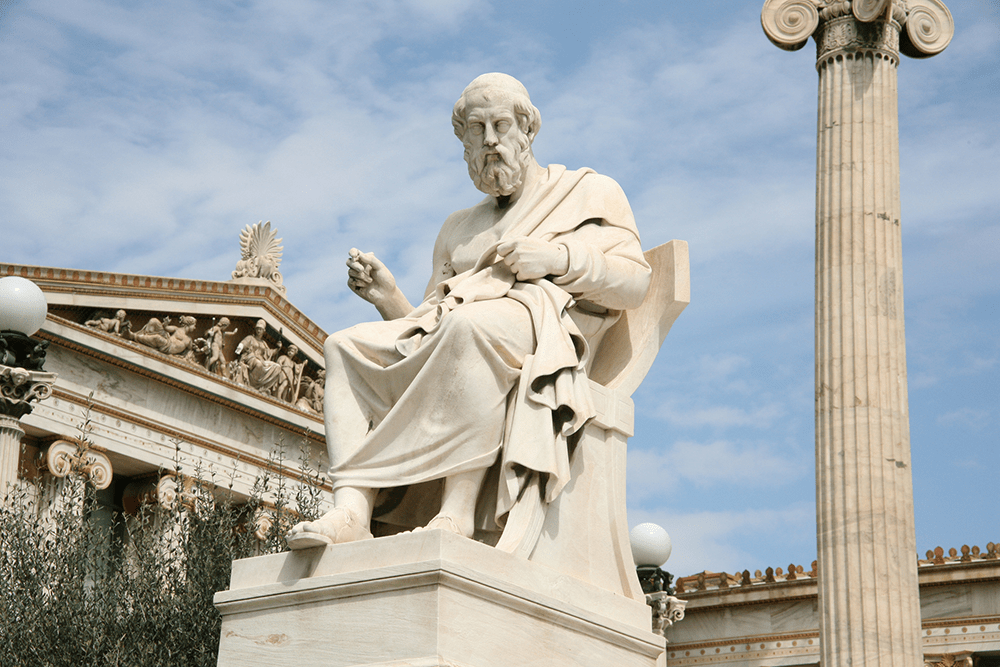
Nearly six million people are on out-of-work benefits. It is claimed that, for most of those, going back to work would not be financially worth it. Aristotle would have agreed with them because for him, leisure was the most important possession a man could have.
The ancients generally had no concept of the dignity of labour, apart from idealistic views about the farmer working in harmony with gods and man for the moral betterment of mankind. For most people, work was a painful necessity whose only purpose was to keep you from penury. The farmer-poet Hesiod (c. 680 bc) saw farming mainly as a matter of survival, when men ‘will never cease from toil and misery by day and night’, though he did agree that at least it was possible to make it a route to riches, ‘which is accompanied by honour and prestige’.
Further, Greeks did not distinguish, as we do, between a person and abilities he had to offer. If the only way you could survive was to work for, and therefore depend on, someone else, you made yourself almost the equivalent of a slave. As Aristotle put it, ‘the condition of the free man is that he does not live for the benefit of others’.
So what was it about leisure that made it so important? Since for Aristotle the intellect was the divine element within us, one must engage in intellectual pursuits if one was to fulfil oneself most completely and become truly happy. That required learning and education, for which one needed leisure (the Greek word is skholê, our ‘school’; cf.








Comments
Join the debate for just £1 a month
Be part of the conversation with other Spectator readers by getting your first three months for £3.
UNLOCK ACCESS Just £1 a monthAlready a subscriber? Log in